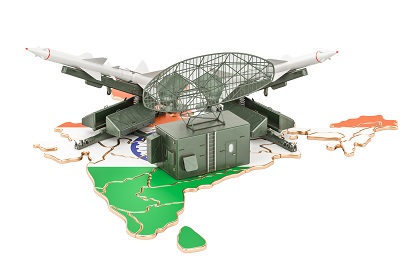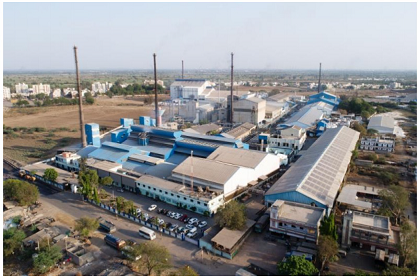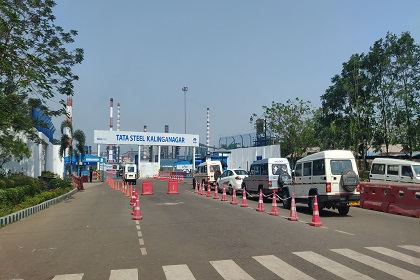The New Age of Globalisation – Digital manufacturing opportunities for India
Digital Manufacturing in India can bring in a new age globalisation of manufacturing, and developing resilient, transparent and trusted supply chains. With the help of MNCs, start-ups and government in accelerating digital adoption, and India must become part of the emerging global trading system, using the COVID-19 pandemic to accelerate digitisation.










